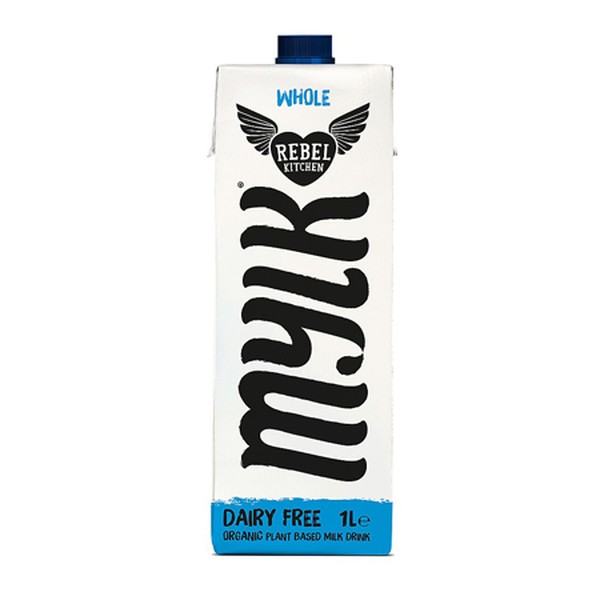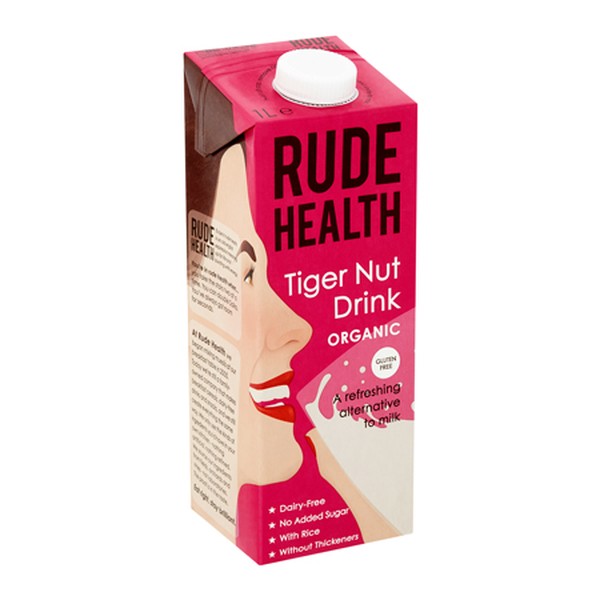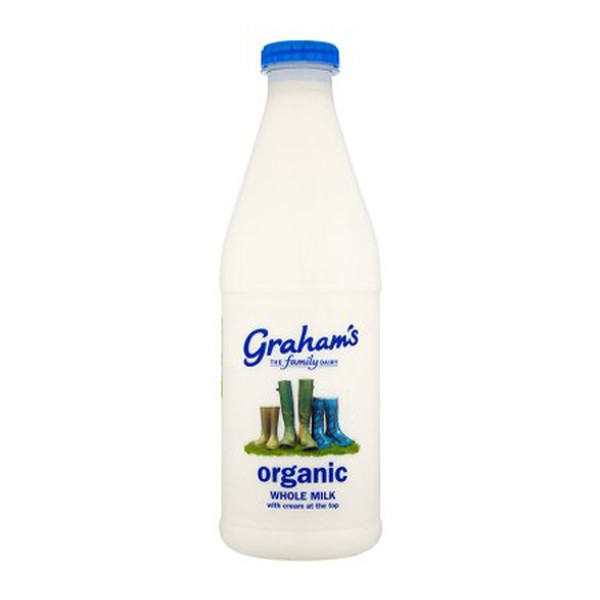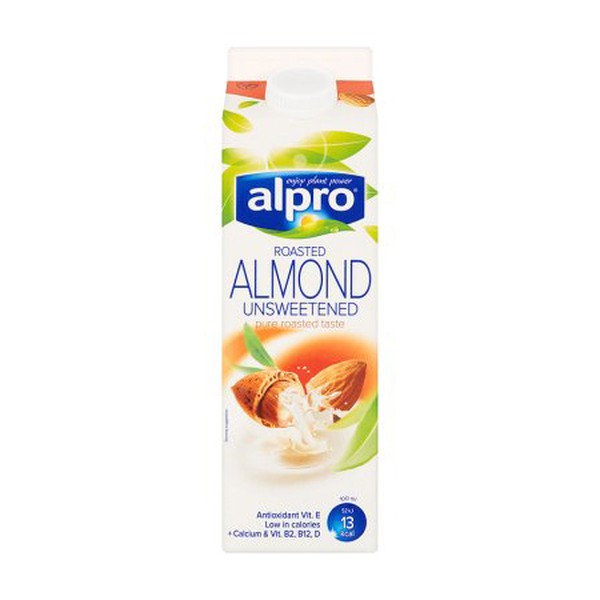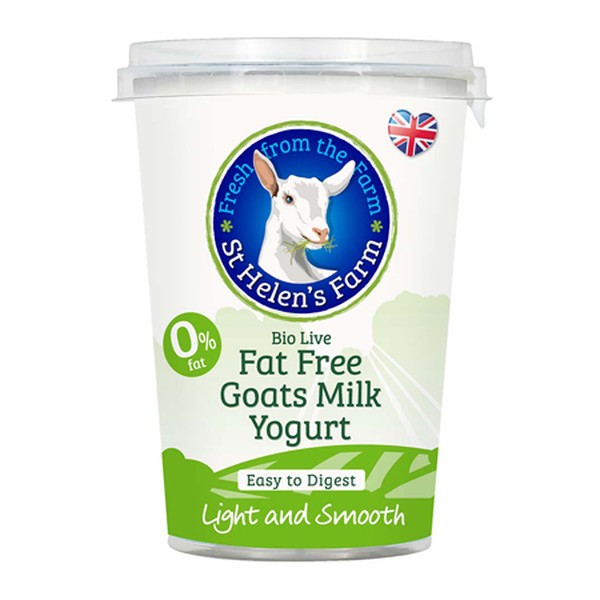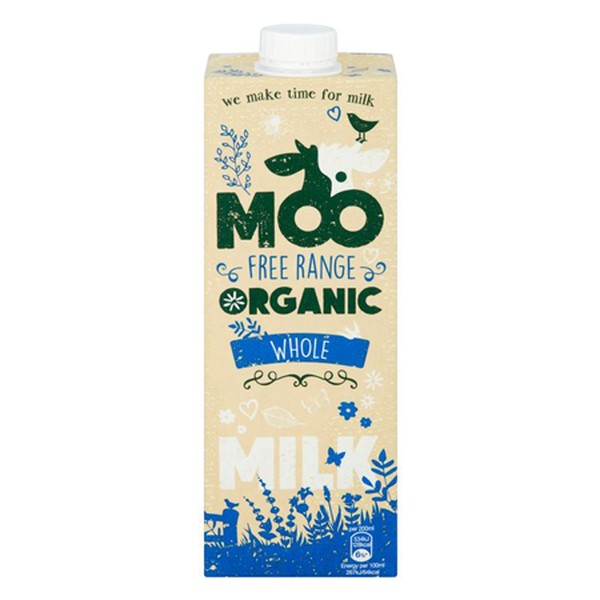Everything You Need To Know About Dairy & Its Benefits
Nutritional therapist Clarissa Lenherr, who specialises in gut health, says…
Despite Popular Belief, Low-Fat Dairy Isn’t Better For You
“Although dairy products do contain saturated fats, these are no longer as feared as they used to be. As science evolves, we now have evidence to suggest that saturated fats are not as detrimental as we once thought. As long as we’re eating dairy as part of a balanced diet, then this should not impact our health. Additionally, eating the full fat versions of milk product will help keep us fuller for longer, thanks to the fat content. Studies have shown that those who opt for low fat versions are more likely to reach for carbohydrates and sugars to fuel their energy levels, which can impact insulin levels and weight gain.”
The Key Is To Eat It Little & Often
“It is all about quality and quantity. Use dairy as a condiment or flavour boost rather than making it the bulk of your meals. The exception being yogurt, which for me is one of the healthiest breakfasts you can select. Opt for full fat, unsweetened yogurt at breakfast, as it delivers a great source of protein and fat to fuel you for the day. Try adding cheese to meals as a condiment rather than making it the bulk of the whole meal. For example, top your salad with a crumble of feta rather than having a whole burrata at every meal.”
There’s Evidence It Can Lower Your Risk Of Obesity & Diabetes
“Certain studies suggest that high fat dairy consumption could influence obesity and diabetes rates, but we do still need further studies that look at larger populations to confirm this. A large study published in 2013 highlighted that people who had higher biomarkers of dairy fat consumption, had a 30% lowered risk of type 2 diabetes compared with people who ate low amounts of dairy fat. In addition, a meta-analysis which included data from 16 observational studies found evidence that high-fat dairy was associated with a lower risk of obesity.”
Expert nutritionist Gabriela Peacock gives us her top two points to consider…
Dairy Is Crucial For A Healthy Diet
“Numerous studies show and prove that dairy has very clear benefits for bone health, lowering older adult’s risk of fractures and improving bone density. It contains protein too, which is helpful for older adults at risk of sarcopenia (the natural age-related loss of muscle mass and strength), so older adults are encouraged to include dairy products in their diet. Keeping up your levels will also aid in upping your calcium and vitamin D intake.”
Grass-Fed Dairy Is The Best Kind To Stockpile
“The best dairy comes from animals that were pasture-raised and/or fed grass because their milk has a much more robust nutrient profile. Cows raised on pasture also have more omega-3 fatty acids and up to 500% more conjugated linoleic acid (an anti-inflammatory). Plus, it’s higher in fat-soluble vitamins, especially vitamin K2, an incredibly important nutrient for regulating calcium metabolism and supporting bone and heart health. It’s worth noting that these vitamins are not present in low-fat or skimmed dairy products. After something gentler on the stomach? Greek yogurt has more protein than regular yogurt with probiotics that help gut health, while almond and soy milk substitutes are tasty alternatives but contain less protein than regular milk.”
Berta Corbera Pharmacist and nutritionist for Probio7, a high-potency probiotic supplement, believes…
Not All Dairy Is Created Equal
“They differ based on how the milk-giving animals are raised, how the dairy is processed, their bacterial content, how digestible they are and their percentage of macronutrients, as well as micronutrients. All these factors have to be taken into account to consider how good or bad dairy is for us. Also, your own genetics will play a big part in how good or bad dairy is for you.”
Dairy Is Now Considered To Benefit Your Heart
“Research examining the role of dairy in heart disease is conflicting. However, heart disease risk seems to be significantly lower when consuming full-fat dairy in countries with grass-fed cows. The fatty acid profile of good quality dairy products brings the omega-6 to omega-3 ratio to a near 1-to-1, compared to 5.7-to-1 in conventional dairy products or other type of refined fats. This is why some studies suggest that full-fat dairy may have a protective effect on heart disease.”
Lactose Intolerant Sufferers Can Still Consume Calcium
“Roughly 75% of the world’s adult population cannot tolerate lactose, a milk sugar present in milk. As an infant, the body produces a digestive enzyme called lactase, which breaks down the lactose provided by the mum’s milk (or for formula milk.) However, many people lose the ability to break down lactose in adulthood, hence becoming intolerant. Common symptoms for those who are intolerant usually occur after eating and include nausea, vomiting, bloating and diarrhoea. If you do fall into this category, don’t worry. You can still get high sources of calcium from broccoli, kale, nuts, dried fruit and even tofu.”
Other Fun Facts On Dairy:
- Getting enough dairy calcium is particularly helpful when you’re young – by the time you hit 30, you’ve reached your peak bone mass
- To get the same amount of calcium as you would from 200ml milk, you’d have to eat 680g of broccoli, 990g of spinach or 63 brussel sprouts.
- Eating cheese may help protect your teeth from the eroding effect of plaque acid – another good reason to enjoy small pieces after meals
- One glass of semi-skimmed milk contains vitamin B12 which helps with red blood cell formation, reduced tiredness, and a normal immune system function. It also contains 40% of your recommended iodine intake, helping balance your thyroid hormone and normal, cognitive function
- Ever confused by the words pasteurised and homogenised? The former is describing how milk is flash heated before being quickly cooled to rid it of any harmful bacteria. While the latter means the milk has been forced under pressure through small holes to break down fat, preventing it from becoming a cream consistency.
Whether you want to up your intake of dairy, or avoid it altogether, there are so many options to choose from. Here’s a round-up of our favourite flavoursome milks…
DISCLAIMER: We endeavour to always credit the correct original source of every image we use. If you think a credit may be incorrect, please contact us at info@sheerluxe.com.

